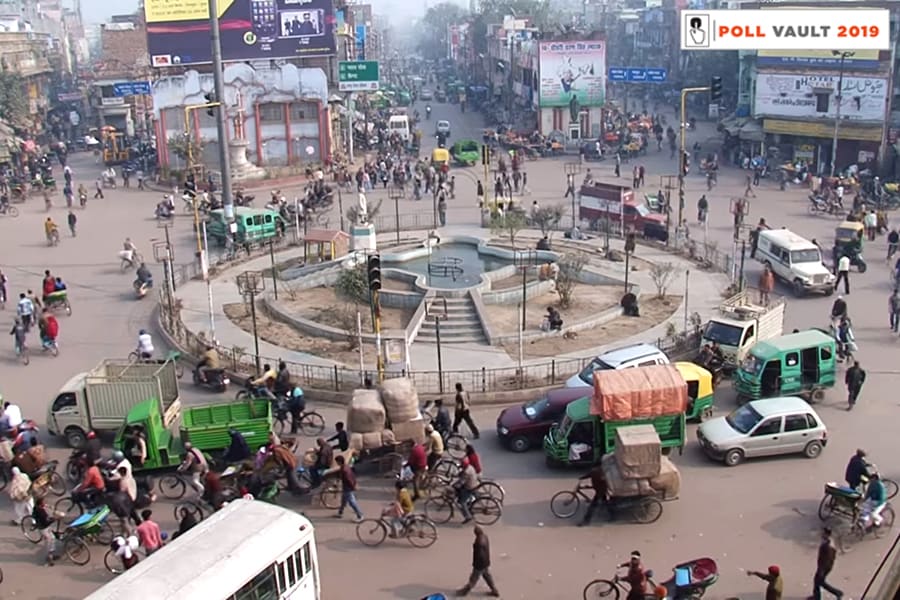
UP Poll Diary, Day 3: Which way will the tide flow in Etawah and Kanpur?
As the reserved constituency of Etawah becomes a crucial testing ground for the gathbandhan, industrial hub Kanpur seems to simmer with an anti-establishment tone. Both go to polls on April 29

The SP bastion, a hot seat to watch out for
The international cricket stadium, with its capacity to seat more than 43,000 people, looms over the otherwise-slow and underdeveloped constituency of Etawah. A half-baked attempt by the Samajwadi Party (SP) to turn its supremo Mulayam Singh’s birthplace, Saifai, into a national sports hub, the structure is located in the middle of nowhere. One has to travel some more distance to reach the homes and farmlands of the constituency, which comprises about 3 lakh Dalits and 4 lakh upper caste voters. The Yadavs account for about 11 percent of the total voting population.
While BJP’s Ashok Kumar Doharey won this reserved seat in 2014, the SP had won three out of four times in the last two decades. The constituency has about 17 lakh electors. Doharey has now joined the Congress, while the BJP and SP have fielded Ram Shankar Katheria and Kamlesh Katheria respectively.
Two women in Etawah’s market, heads clad with their sari’s free end, proclaim that they will vote for the ‘cycle’ [the Samajwadi Party symbol], and claim that their children benefited from the free laptops and cycles that the Akhilesh Yadav government distributed to students. They refuse to talk politics further, saying their husbands “have more knowledge in this matter”.
About a kilometre away in the state-run Uttar Pradesh University of Medical Sciences (or Saifai Medical College), young girls, who are first-time voters, seem less impressed with the SP. Their college, which was inaugurated during the SP rule in 2012, is not equipped to tackle problems such as everyday harassment and lack of safety on campus. The institution does not have a grievance cell.
“Classes are conducted and dismissed on the teachers’ whim. They shut us up saying that we girls must be grateful we are being sent to college in the first place,” says a first-year paramedical college student, not wanting to be identified.







